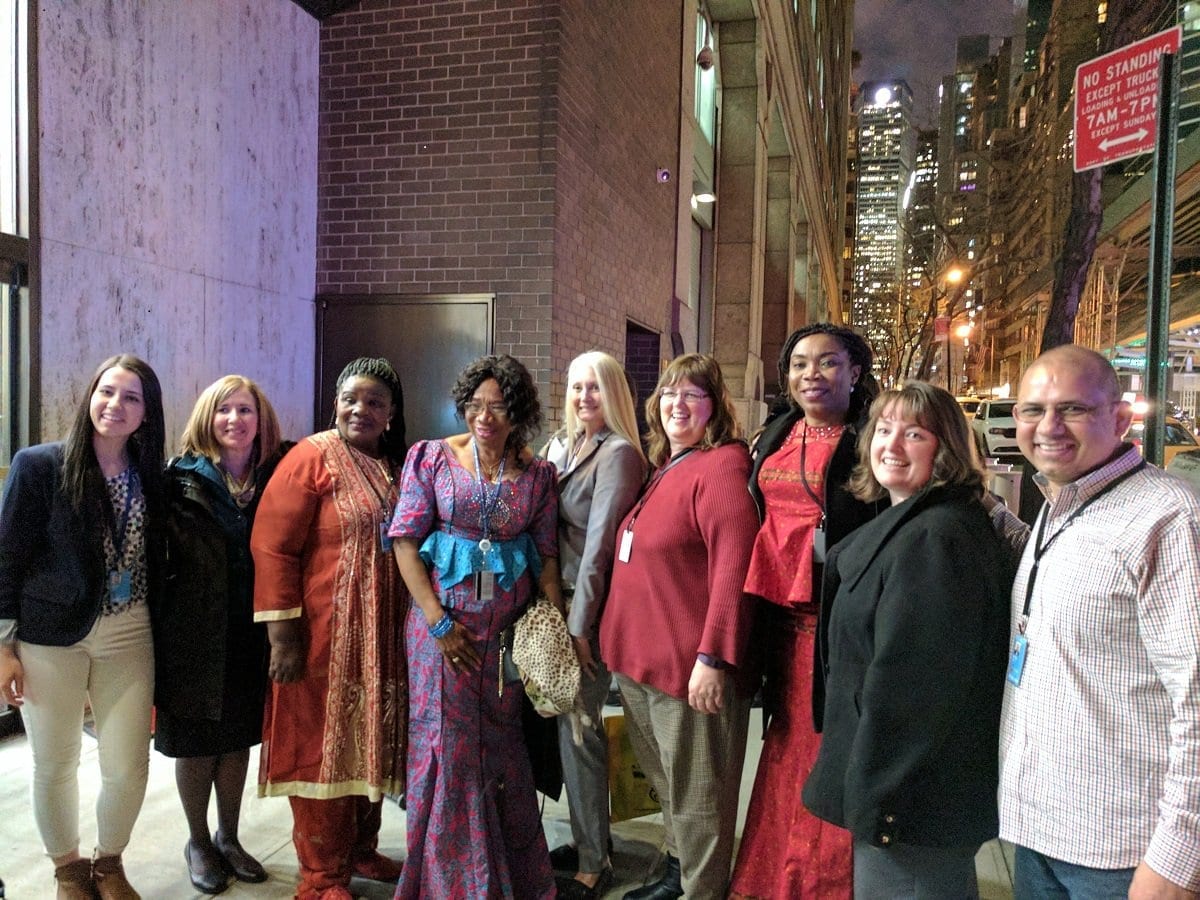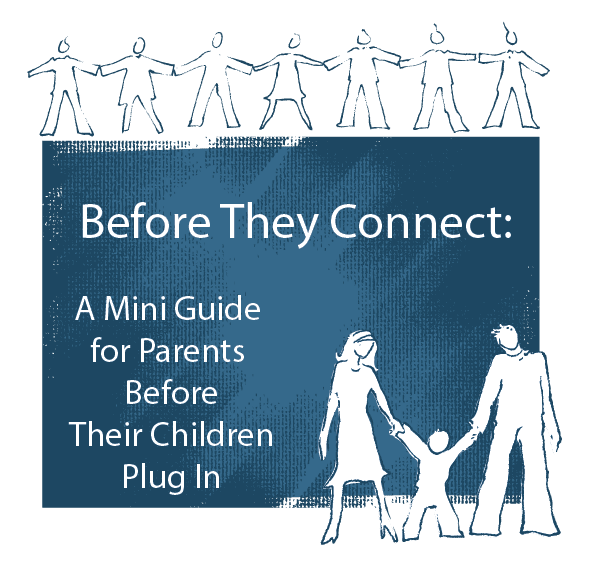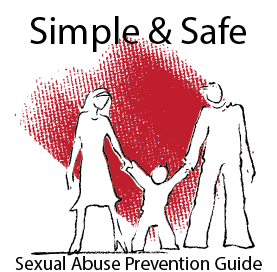In the United States we have a new president. Some people are elated about this and others are sorrowing. Regardless of where each of us is on this spectrum of election emotions, change is in the air. Change is difficult for all of us, but especially for children.
Not only are the children of the world watching and listening to what their parents, the media, and other adults say about elections, but there are also wars and rumors of war unlike we have ever seen before. There are tribal wars, wars against religious people, sexual wars, wars on corruption, wars against terrorism, wars on crime, and wars on drugs, as well as battles for freedom and rights in the capitals of the world. No matter which side of these battles we find ourselves on, we all feel attacked. Seriously, when I hear people talk about current events it often sounds like the person talking is explaining a bullying episode where they were the victim.
If adults feel attacked, then imagine how children must feel. How are the young people processing the confusion they see surrounding them in the world and on the media?
While it’s true that the young people were born for this day and age, it’s also true that youth are becoming more and more worried about their futures. Some youth are even losing any hope that they will have a good world to raise a family in. Just hearing what is happening in the world causes children to feel bullied and afraid that all the people around them are somehow bad.
6 Ways to Help Children Feel Secure
First, always talk to your children about what is going on. Of course, use wisdom. There is no need to talk about mature and stressful topics too soon in a child’s life. However, children need to process the world events with their parents before their teachers, friends and the media start processing the events in front of them. If the child has already talked to their parents about who ISIS is and the character, ethics and personality of Hillary Clinton, Donald Trump and others in the news, then the child can classify and decode the words they hear from other people commenting about these events and people.
Incidentally, this is the rule for sexual topics as well. Don’t wait for the school to bring it up. Parents shouldn’t be the second or follow-up source. Instead, they should be the first source if they want to protect their child’s conscience and if they want their child to feel the most secure. Always pray for direction when talking about sensitive topics and offer warnings to children about what people who don’t believe the same as your family might say about such topics. This open communication process is how parents help children establish their identity and decode the world.
Second, teach children how to accept “No” answers when they come because they always will. If we raise our children to think that they should get whatever they want, then they will also become the next generation of bullies. Wise people know that sometimes things go just how we want them to, but other times we have to accept defeat gracefully. When children play sports it is a good time to teach this. The attitude a parent has when a child loses a sporting match can set an example for life.
To properly accept a “No” answer, a person has to choose to say, “Okay,” actually be okay, and drop the subject by moving on without emotional issues. This is an adult skill that many adults have not mastered in our modern society. It used to be that if a person wasn’t able to lose to his opponent gracefully, then that person was seen as wild and uncultivated — even though many people don’t recognize that truth today, it’s still the case.
Third, teach the children to look for the best in people. Even when people disagree with us on political, sexual or religious issues, there is no reason to assume that the people are scary or bad.
Most people want the same things: freedom, happiness, security, love and protection. However, depending on the view the person has of world events, he or she could stand on an opposing side from their neighbor’s view — whom they love outside of this one issue. That is the way the great idea debate has always been, so prepare children to love and understand while not bending their views. Help them not be afraid by pointing out the goodness you see around you and by reaching out and loving all those around you too.
Fourth, discuss deeply with children so that they understand what an electoral college and religious freedoms really are. Vocabulary brings self-confidence and security. Teach the children enough about the issues so that they feel well-informed. This will not only inform them but it will also establish you as the most reliable source for information on prominent, emotional political issues.
Fifth, instill purpose into your children. They were born at this time. They don’t have to sit by and watch their world fall apart. These children, who are currently the most distracted and selfish generation the world has ever seen, need to emerge as the most purposefully driven generation the world has ever seen. If they can accomplish this, then they can bring goodness to the world despite the commotion and contention raging around us. Read them books of true heroes from past generations who had wisdom and courage during hard times and wars. If you do this, then they will find the inspiration they need to stand strong now and as they grow for what they know to be right in their hearts.
Finally, teach them the language of the Spirit of truth. In order to raise a generation of people who follow the true dictates of their hearts/spirits, it’s essential that they know the language of the Spirit. Explain to them how you vote and why. Talk about how you prayed and how you received answers to your prayers. Teach them the process of receiving answers to prayers and walking by faith.
If there is one thing the young people of the world need now it’s power. They need the kind of power that comes from faith, grace, and an active relationship with God. With this power they can discern the truth from the lies and feel confident as they stand for what they know they were sent to earth to stand for.
Yes, we all live in a war-ridden world fueled by emotions and selfish desires, but our children need not feel afraid. It’s up to us to give them the skills and security they need to reach their full potential and bring light in times of social darkness.
If your relationship with your children needs strengthening, you’ll find additional ideas and tools on TeachingSelfGovernment.











